The holidays are a special time to visit with family and friends, but digestive upset from too many rich meals and trips to the dessert table can spoil the fun. Symptoms like indigestion, heartburn, gas, bloating, or diarrhoea needn’t become a holiday tradition. Here are some tips that will help keep your digestive system happy and healthy throughout the festivities, or at any time of year.
Do take time with your meals
Between planning and attending parties, shopping and travelling, there can be less time left over to do simple things like sit down and enjoy your meal. Rushing from one task or commitment to the next often finds us eating on the go. But even though we’re busy, it’s important to be comfortable and relaxed while eating a proper meal. Our bodies and parasympathetic nervous systems (which govern our digestion and bowels) work best when at ease. Carve out time to eat mindfully for best digestive results.
Do chew each bite 10 to 30 times
That bloating feeling you sometimes get can easily be eliminated by chewing your food slowly and properly. Reducing each mouthful into a ball of macerated food courtesy of saliva makes digestion easier. In fact, the digestive process actually starts in your mouth when your teeth break down food and enzymes called amylase and lingual lipase contained in your saliva jump in to complete the process. Amylase is a key component in turning starchy foods like bread into simple sugars and lingual laipase targets fats. Breaking food down properly before you swallow ensures less stress on the stomach and reduces the need to reach for over-the-counter digestive help.
Do zero in on protein first
Including protein with every meal will help balance your blood sugar and make you less likely to overindulge in desserts later. Protein takes a while to digest and slows the release of sugar into the bloodstream which in turn prevents blood sugar highs and lows. Add protein to every meal and kiss sugar cravings goodbye!
Do start taking digestive enzymes
Digestive enzymes work by breaking down the food you’ve eaten into smaller micronutrients that the body burns as fuel. Micronutrients are reabsorbed by our small intestine and used to build cells and hormones. Here’s an example of how it works: When you eat lentils (an excellent source of folate) your digestive enzymes break down each and every lentil into tiny pieces (micronutrients) so you can absorb the valuable folate that is freed upon breakdown. Digestive enzymes also support your digestive system when it’s called on to process rich and heavy foods you might not often eat.
Do share with a friend
If you’re the type who likes to try a little bit of everything from the buffet table, why not pass your plate around and share? That way you won’t be tempted to eat every piece of food you’ve collected, but still have the chance to sample a good variety. Plus, you’ll save at least half the calories from what you don’t eat!
Do be mindful of your gut
The microbes living in your digestive tract actually play a role in how effectively you fight infection, your mood, and your ability to digest food. Maintaining a healthy gut flora (the assortment of microbes in your digestive tract) is essential for good health and helped by probiotics in our diet and supplementation regimens. Probiotics introduce a variety of bacterial strains into our bodies through the digestive system and make sure that one strain doesn’t dominate and lead to colony overgrowth, like yeast infections.
Do monitor the menu
If you’re hosting a dinner or potluck, leave ample time to plan a healthy menu and a list of nutritious sides or dishes guests can bring should they offer. It’s much better to have someone show up with a nutritiously-rich kale salad for example than a high fat, high carbohydrate macaroni salad.
Don’t consume a lot of liquids with your meals
Drinking too much water or other beverages like alcohol or juice during a meal can impair natural acid and bile concentrations needed for the stomach to properly digest food. Drinking too much cold water, for example, can slow digestion and cause cramping in those with sensitive stomachs. By all means take small sips while you’re eating, but try not to drink too much at least 15 minutes before a meal and 30 to 45 minutes after.
Don’t eat late into the night
Continue your party but clear the food away by 8pm. Late night eating is usually the culprit when it comes to acid reflux. Heartburn symptoms can especially get worse if you eat too much and then stretch out on the sofa after your meal.
Don’t eat fruit after a meal
Fruit digests faster than other foods. If it’s eaten directly after a large meal and with other foods, it sits in the stomach longer and starts to ferment in the gut, bringing on gas and bloating.
What to keep on hand:
Digestive remedies
Who doesn’t experience some sort of digestive challenge during the holidays? While symptoms can vary from person to person, the uncomfortable results remain the same. Be a good host and have some digestive relief at the ready for when you see that your guests might be experiencing gut discomfort.

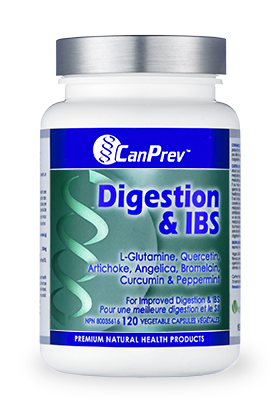
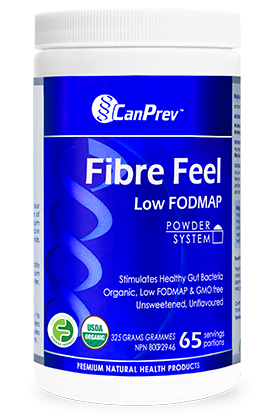
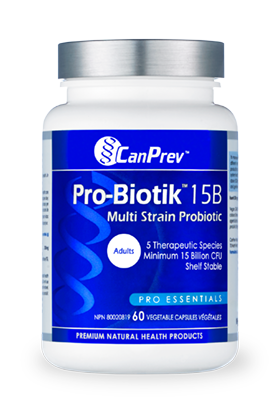
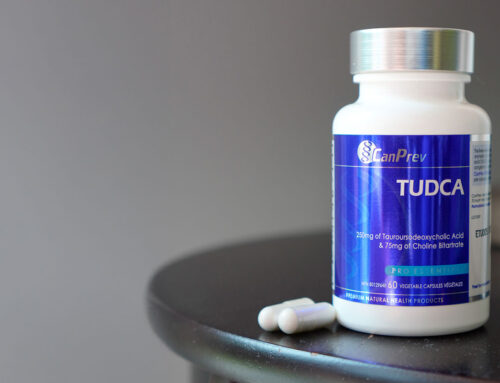



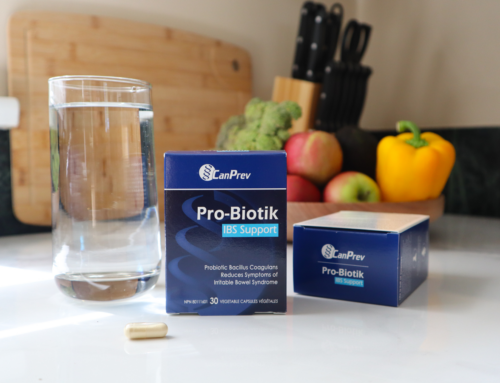

Leave A Comment